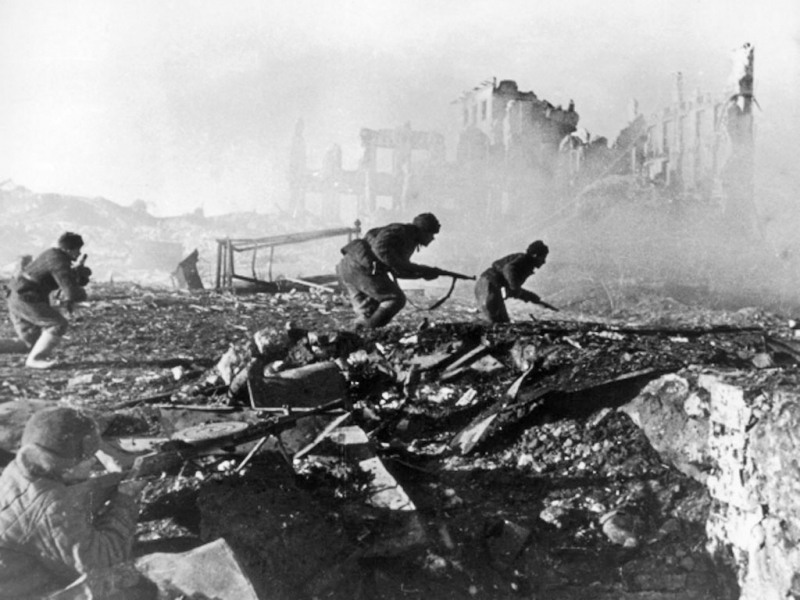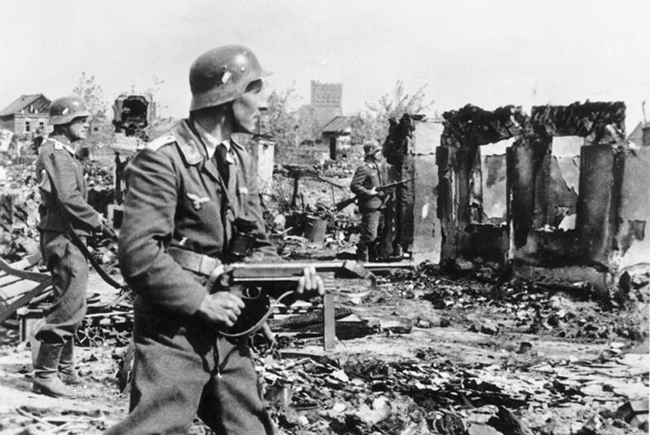The Battle of Stalingrad

The Battle of Stalingrad is regarded as one of the major battles of World War II. It was a pivotal event in the war, dramatically weakening Germany's armed strengths. This fight is considered the greatest of the Second World War by the Russians, and it is also known as the Great Patriotic War in Russia.
Hitler launched a military attack on southern Russia in the summer of 1942, hoping to demolish what remained of the Soviet Army and eventually conquer the Caucasus oilfields. The initial attack went successfully, and General Friedrich von Paulus of the German Sixth Army was ordered to conquer the city. Stalin, on the other hand, ordered that it be defended at all costs. Every troop and civilian available was deployed.
The Germans severely bombed Stalingrad, and the ruins became the site of months of intense street battles. The majority of the city had fallen to the Germans by October, but the Russians held to the banks of the Volga, across which they carried important reserves.
Meanwhile, Soviet General Georgi Zhukov gathered new forces on each side of the city and mounted a huge assault in November to surround and imprison von Paulus' army. Hitler forbade the Sixth Army from breaking out until February 1943, when its depleted remains surrendered. In the Stalingrad campaign, the Germans lost 500,000 men, involving 91,000 taken prisoners.
Date: August 22, 1942 - February 2, 1943
Location: Volgograd, Volga River, Russia
Participants: Germany - Soviet Union











